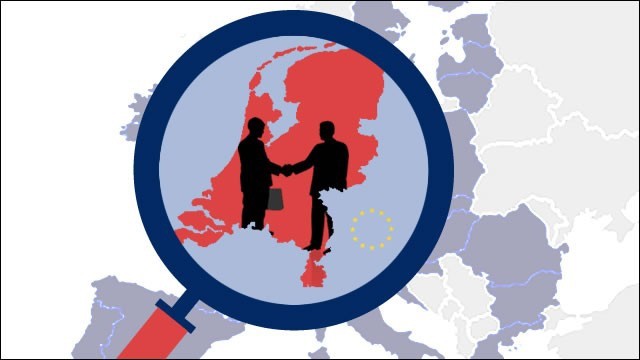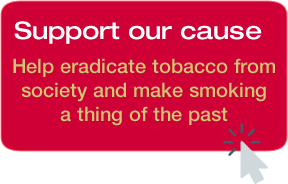European Commission should follow Dutch example in how to deal with tobacco lobby
15 March 2021

In its dealings with the tobacco industry the European Commission should follow the example of the Netherlands, the European lobby watchdog Corporate Europe Observatory and the European Public Health Alliance argue. Dutch transparency in this area was enforced in 2015 by Youth Smoking Prevention.
Based on a range of document requests made by Corporate Europe Observatory (CEO) and the European Public Health Alliance (EPHA) to eight Directorate-Generals (DGs)of the European Commission that may have dealt with the tobacco industry (from health to environment), the researchers discerned seven different strategies the tobacco industry uses to stop or delay new regulations that do not suit the industry.
CEO and EPHA published the results in the report Targeting the European Commission: The 7 Lobbying Techniques of Big Tobacco. This study not only looked at the contacts that the tobacco industry itself had with the European DGs in 2019 and 2020, but also examined contacts with other organizations paid for by the industry, and with organizations promoting the e-cigarette.
Very active tobacco lobby
The researchers noticed that the European Commission is not yet properly complying with the measures from the international anti-smoking treaty Framework Convention on Tobacco Control (FCTC) of the World Health Organisation. The report shows that in recent years the tobacco industry has been very active and also successful in influencing various Commission departments through letters, face-to-face meetings and other less well-documented contacts.
Follow the Dutch
Remarkably, the report refers to the Netherlands as an example of good practice when it comes to implementation of the FCTC article 5.3. The report states: “The EU struggles to implement a systematic, proactive transparency policy regarding meetings with tobacco lobbyists, labelled by the European Ombudsman as ‘maladministration’.”
The authors therefore advise that European Commission should:
- Proactively list all meetings (including minutes) and correspondence between Commission officials and the tobacco industry and/or their representatives on a central and easily accessible public register, such as the one used in the Netherlands.
- Outline and establish a clearly defined policy regarding how officials should handle contacts with the TI.
- Broaden the interpretation of public interest to include transparency around lobbying and the protection of public health as overriding objections related to so-called personal data and the protection of commercial interests.
Lawsuit initiated transparency register
The transparency register of the Netherlands to which CEO and EPHA refer, was set up after a lawsuit brought against the State by Youth Smoking Prevention. Since 2016, the government has published on its own initiative letters, e-mails and summaries of meetings and telephone conversations on the website of the national government. In this way, the state can be held accountable for the contacts it maintains with the industry.
Furthermore, the CEO and EPHA recommend drawing up a clear policy on how officials and representatives of the European Commission should deal with the industry. For this the Commission can also take the Netherlands as an example. Following the lawsuit against the State, the Dutch government drew up a protocol for civil servants that clearly states how they should deal with the industry.





 Rookpreventie Jeugd is registered as a Public Benefit Organisation.
Rookpreventie Jeugd is registered as a Public Benefit Organisation.